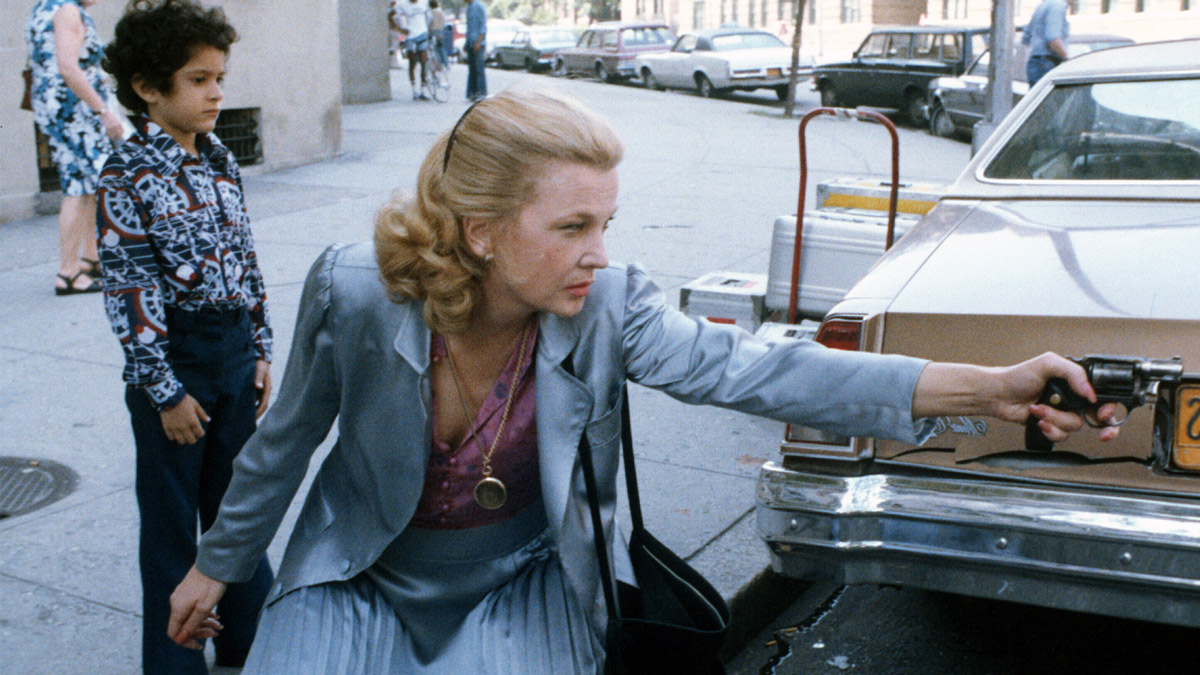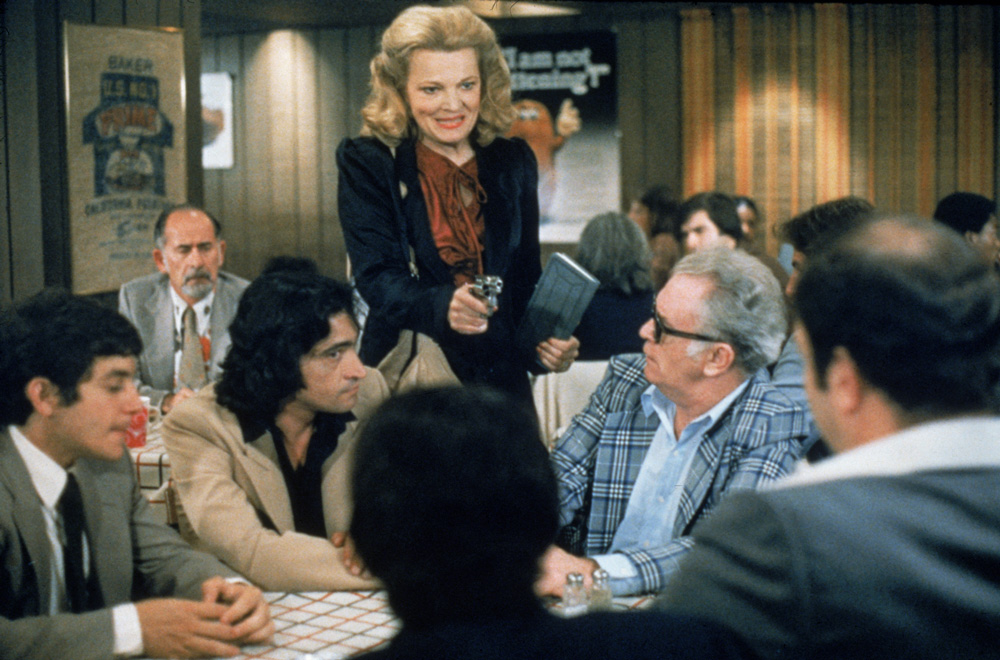
(c) Photofest / Getty Images
The “Gloria” movie is a genre in itself. Even Akira Kurosawa is full of praise.
2023.12.26
Unusually easy to watch for a Cassavetes film
"Gloria" won the Golden Lion at the Venice Film Festival in 1980. Gena Rowlands was nominated for an Academy Award for Best Actress, and it is one of the masterpieces of director John Cassavetes. However, for Cassavetes, it is in a rather unique category.
John Cassavetes, who was active as an actor in numerous works such as " The Dirty Dozen " (1967), for which he was nominated for an Academy Award for Best Supporting Actor, and " Rosemary's Baby " (1968), and directed 12 feature films starting with " The Dirty Dozen " (1959), has had a huge influence on later generations not so much as an actor, but as a director.His style, which emphasizes improvisational acting, as in " The Dirty Dozen ," which was made through workshops with actors, is strongly influenced in the works of Japanese director Ryusuke Hamaguchi.
Many of Cassavetes' films are notable for their directing, which seems to ignore the rules of conventional cinema, not only in the acting of the actors, but also in extreme close-ups, blurry focus, deliberate backlighting, and even abrupt editing. This style is synchronized with the development of the film in " Opening Night " (1977), in which the lead stage actress ignores the playwright and director, changes her own lines during the show, and turns it into an improvised stage performance with her co-stars, a drama that can be seen as the very embodiment of Cassavetes' films.

"Gloria" (c)Photofest / Getty Images
Cassavetes' directing style allowed actors to take on a variety of challenges, and unique actors such as Peter Falk, Ben Gazzara, and Seymour Cassel were happy to appear in his films, forming the so-called "Cassavetes family." Their friendship continued even after Cassavetes' death in 1989, and around 2000, I witnessed Rowlands, Falk, and Gazzara having a fun meal together at a restaurant in LA.
Cassavetes' films, which have a "destructive" aspect to them, can leave some viewers with a heavy sense of discomfort, but "Gloria" is surprisingly "easy to watch." Cassavetes said that he didn't like "Gloria" very much, even though he wrote the screenplay himself, and the irony was that it was generally loved because it was different from his own direction. "Gloria" is also the most commercially successful of Cassavetes' works.
What is surprising is that the great Japanese director Akira Kurosawa praised "Gloria." I will quote him, although it is a bit long:
"Twenty years ago I saw a film called ' Shadows of America ' at the Cinematheque of Paris.
The young man who made the film was also in the screening room at the time, and when I said I wanted to talk to him because I was so impressed by the quality of the work, he ran off down the hallway as fast as he could.
Twenty years The Day After, when I learned that the author of "Gloria" was also the author of " Shadows of America ," I was so happy that I clapped my hands and jumped up in the air.
(snip)
The fresh cinematic sense of " Shadows of America " is also present in "Gloria." I think the beauty of the flow of this film is something he was born with.
I have been moved by many excellent films in screening rooms up until now, but the impression I got when I saw "Gloria" in the screening room was something completely different and special.
It was a feeling far removed from the excitement I felt in the Cinematheque screening room twenty years ago, yet still strongly connected to it." (The Sankei Shimbun, evening edition, February 26, 1981)
It is typical of director Akira Kurosawa, known as the "god of cinema," to discover the same feeling in his debut work, " Shadows of America ," which is full of auteurism, and in "Gloria," which also has a strong entertainment aspect.
The child actor who made his first film appearance retired after this one movie.

